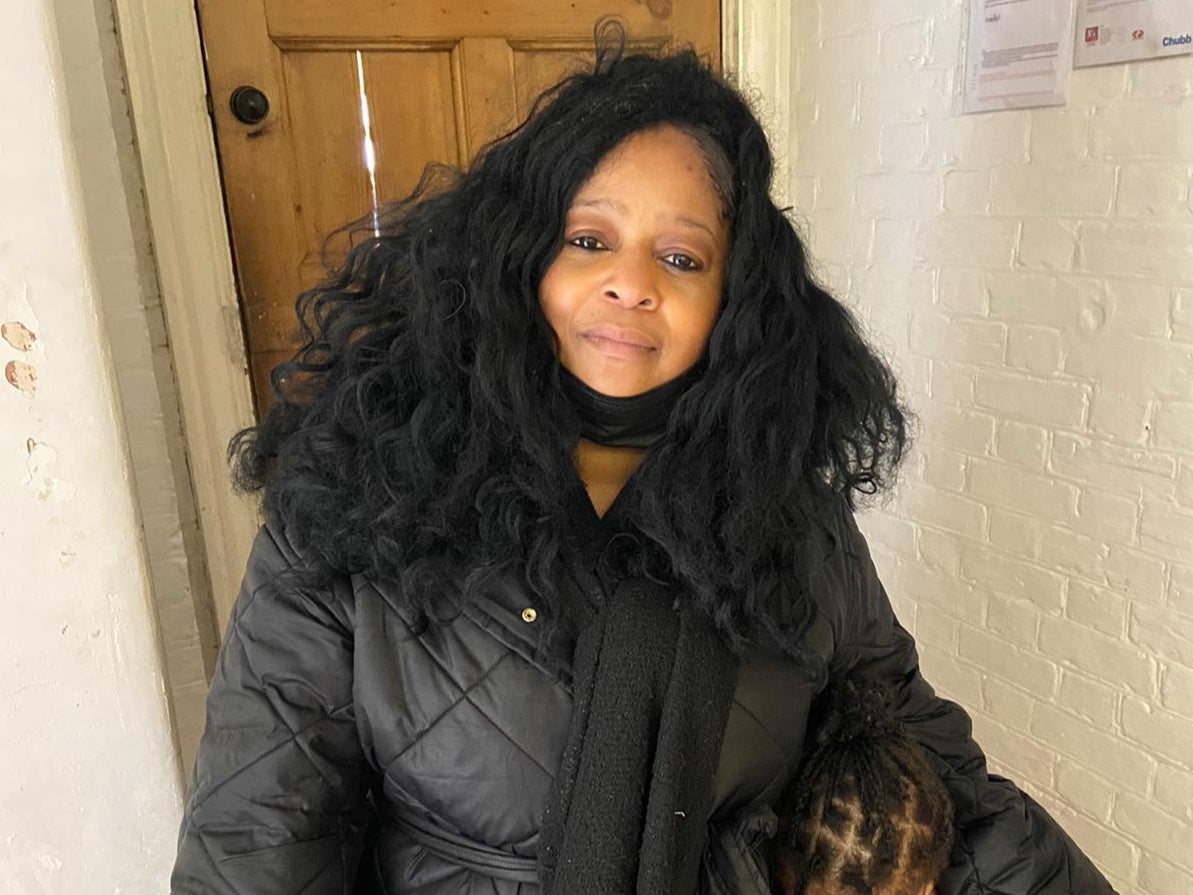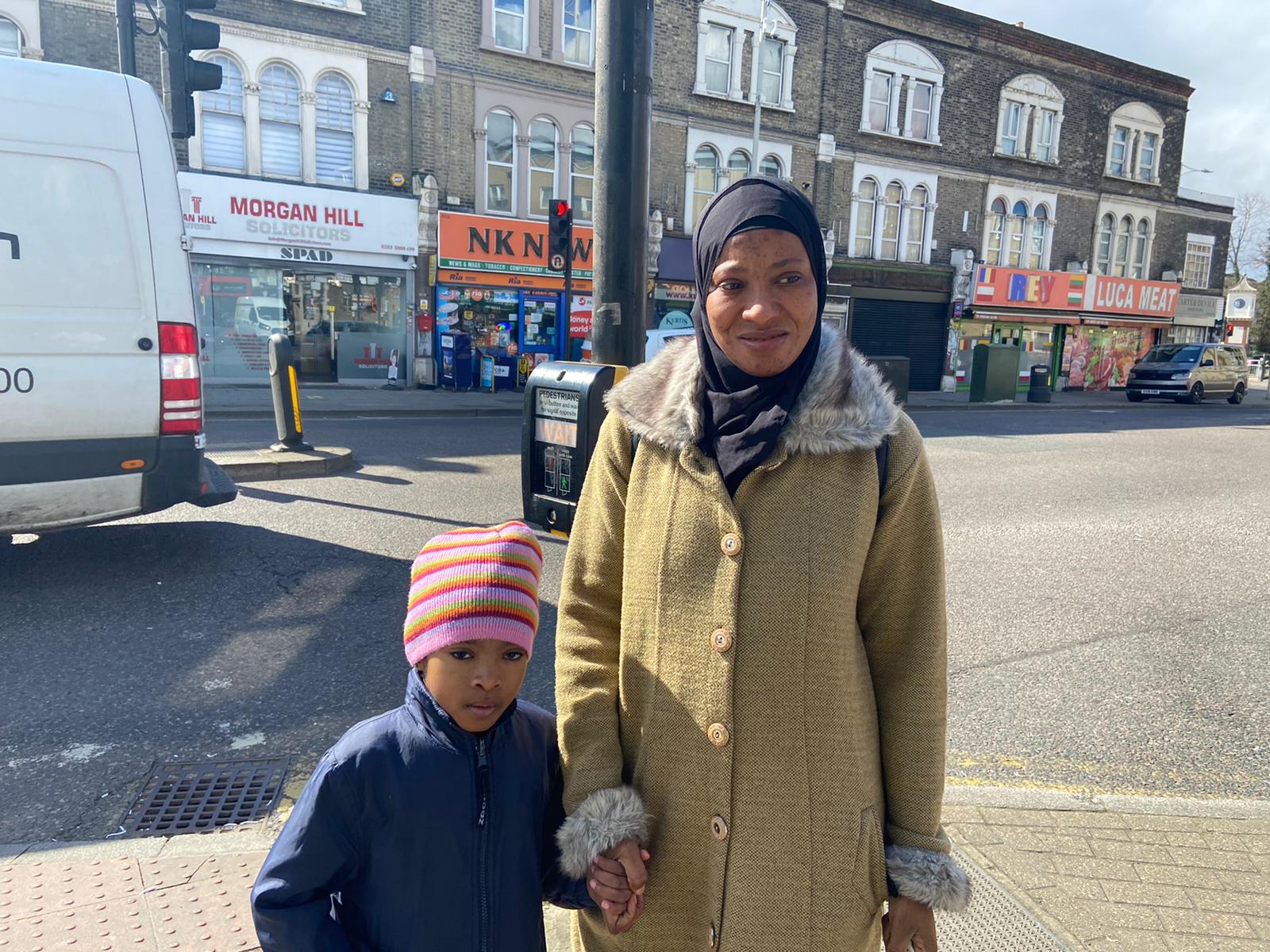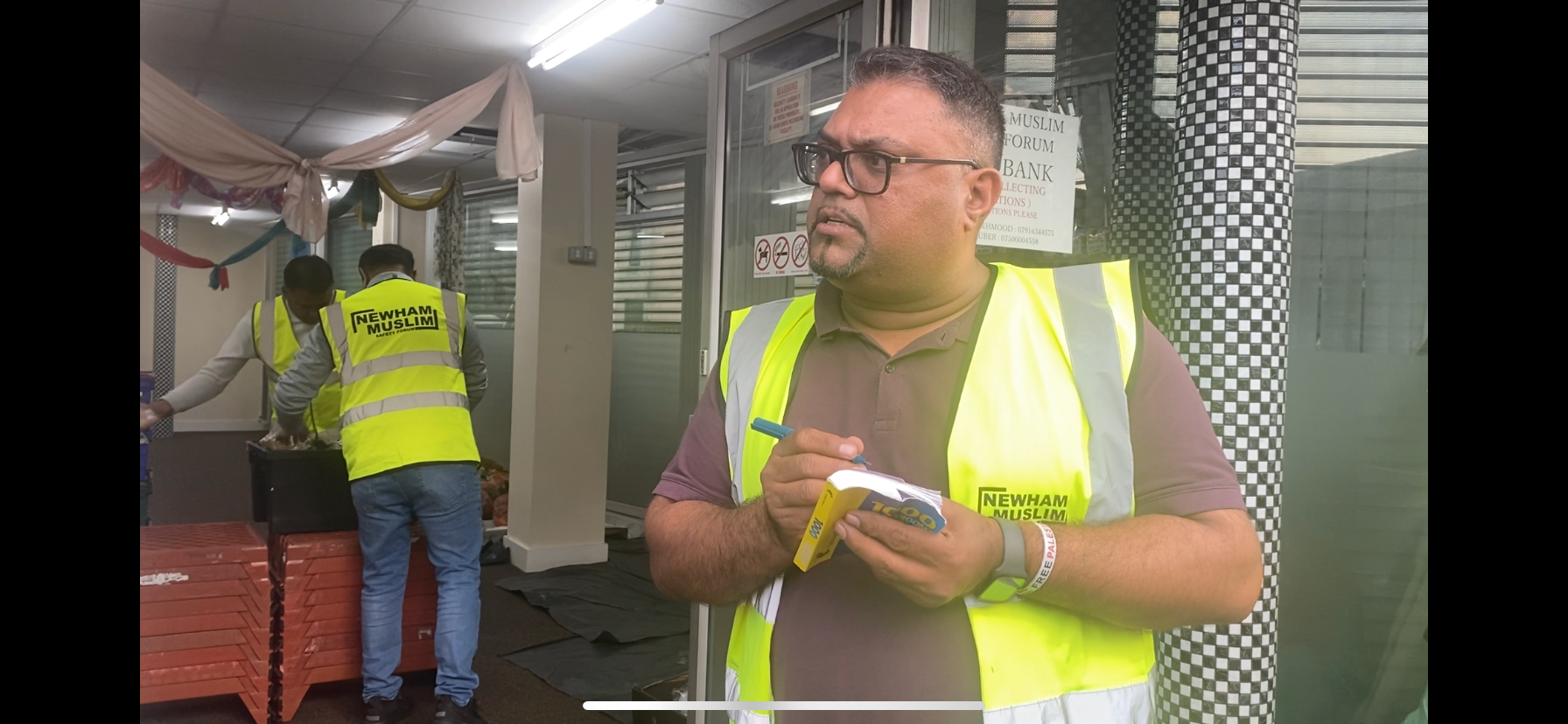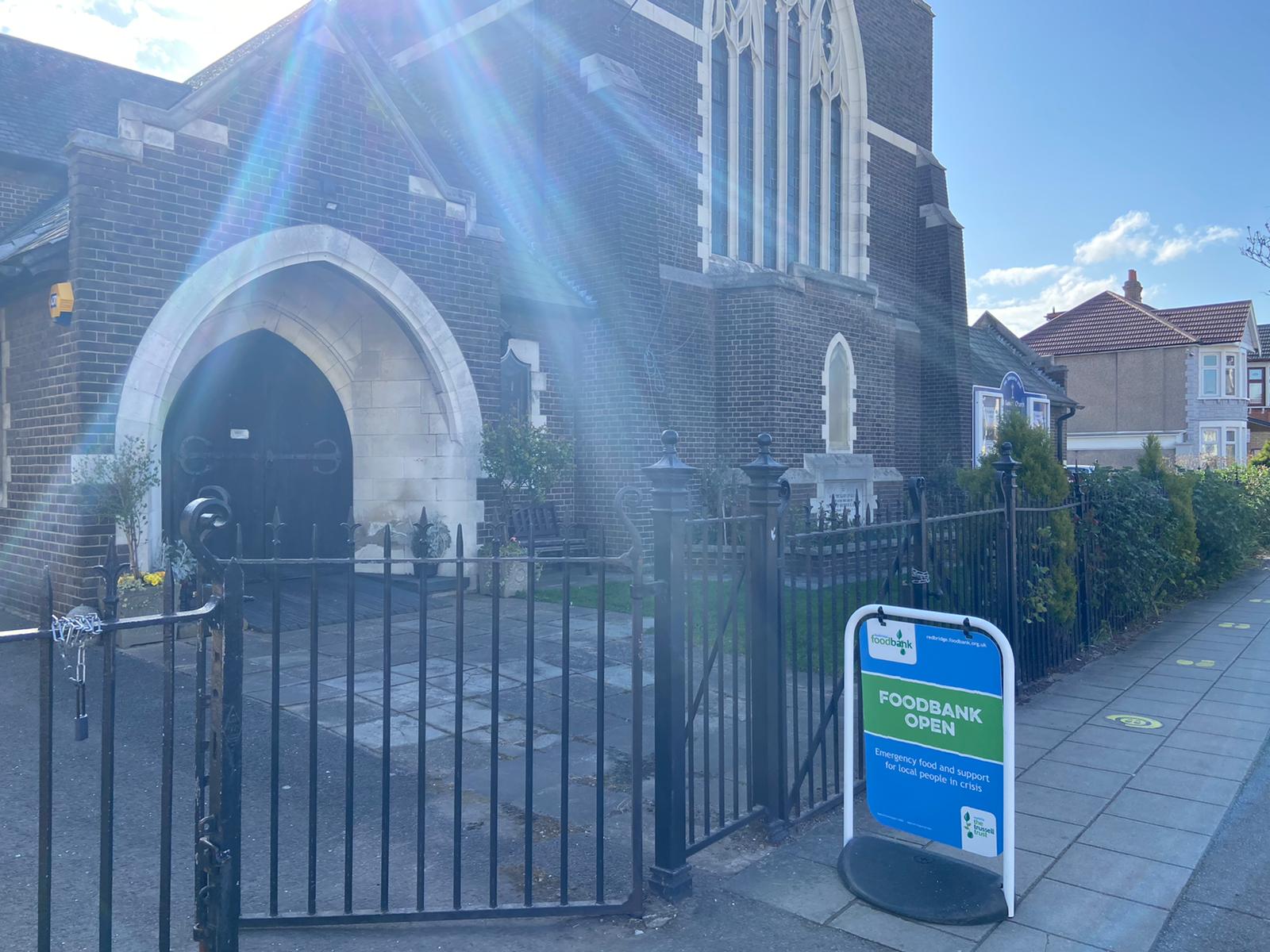‘It’s pure desperation’: First time food bank users face the cost of living crisis
Food bank coordinators warn of a donations decrease as the cost of living crisis hits the UK
Your support helps us to tell the story
From reproductive rights to climate change to Big Tech, The Independent is on the ground when the story is developing. Whether it's investigating the financials of Elon Musk's pro-Trump PAC or producing our latest documentary, 'The A Word', which shines a light on the American women fighting for reproductive rights, we know how important it is to parse out the facts from the messaging.
At such a critical moment in US history, we need reporters on the ground. Your donation allows us to keep sending journalists to speak to both sides of the story.
The Independent is trusted by Americans across the entire political spectrum. And unlike many other quality news outlets, we choose not to lock Americans out of our reporting and analysis with paywalls. We believe quality journalism should be available to everyone, paid for by those who can afford it.
Your support makes all the difference.Food bank users are in “pure desperation” as families seek nearby churches and community centres to help cope with soaring costs.
On the day energy price hikes took hold, struggling families told The Independent the government “does not know what hardship is” as they feel abandoned in their efforts to make ends meet.
Chanda Grant arrived at Redbridge food bank in northeast London 10 minutes before closing on Friday morning with her mother and two of her three children.
“This is my first time using a food bank,” she said as she loaded her tram with bags of canned food.
Her mother, Caroline Grant, spoke of how heavy the cost of living burden has been on their family.
The 50-year-old from Barnet, north London, said: “The poor people are getting poorer and the rich are getting richer.
“They’re not looking out for single mothers with three kids. The third kid gets nothing.”

Ms Grant pointed to how helpful universal credit was before the end of the £20 uplift in October last year, saying: “The £20 we used to get really helped towards the bills and the kids.
“Now that’s gone you are really struggling,” she added. “If you’re getting £893 a month, you have to pay rent, council tax, bills and everything that comes with kids like childcare and food.”
The 25-year-old NHS worker has been in temporary accommodation for eight years with her three children.
“It’s awful to see my daughter go through this,” her mother said. “She was working during Covid when people were dying. I could have lost her.
“And look at her now, is she getting any help? No, she’s coming to the food bank.”

Last week, the Office for Budget Responsibility revealed that the rise in inflation to a predicted 40-year high this year would trigger “the biggest fall in living standards in any single financial year since ONS records began in 1956-7”.
It comes as chancellor Rishi Sunak announced his Spring Statement which set out measures that would help people to cope with the rising cost of living.
Denzil and Desiree Prospere from east London were also using the food bank for the first time. They told The Independent they never thought things would get to this.
“Before groceries used to be £80 a week but now everything increase it’s about £120 a week,” she said. “This food bank is a life-saver. I never thought things would get to this level. Friends told us about it but we never thought we’d need it,” the couple added.
Denzil and Desiree have three children, including a six-year-old who has just finished leukaemia treatment, meaning that in order to care for her child Ms Prospere has not been able to work.
“The government hasn’t helped,” she said. “The food banks help more than the government.”
A Redbridge food bank volunteer compared the country’s dire situation to post-Second World War Britain when she was a child.
“I was born just after the Second World War and this country was down. I used to play in a bomb shelter and it was tough then,” she said. “Families struggled then. It was tough for some people to feed. When trouble comes into the world, everybody suffers. It’s similar now. But I don’t know if the country had so many as now to look after.”
Another volunteer pointed to how Covid was a war in itself, and the effects of it had led to the desperation that people are suffering now.
The food bank used to have a flood of donations from local residents, but now the volunteers say they have seen fewer donations as more people are struggling in their own homes.
Food banks across London are shouldering the brunt of the crisis, as Mehmood Mirza, head of the food bank Newham Muslim Safety Forum, said the number of users has increased over the past six weeks with more than 400 families coming every week.

“We are struggling as well, food banks are struggling and relying on charities to give us food,” Mr Mirza said.
He spoke about a food shortage at the depot they use recently, which resulted in the organisers having to spend £600 out of their pockets to make sure families had enough to eat.
Billy McGranaghan, who started Dad’s House food bank in west London, said Rishi Sunak should be ashamed of himself and warned that Britons on pre-paid meters will be “killed” by soaring energy costs.
“There’s just pure desperation among people right now,” Mr McGranaghan said. “We’ve got more students coming in, more professionals, food banks are classless, that’s the thing.
“We’re even getting more referrals than ever before from doctors for people who are malnourished and not eating.”

Mr McGranaghan called on the chancellor to go out on the streets and see the reality of people’s suffering, and Ms Grant echoed this, saying: “[Mr Sunak] does not know what hardship is, you can only know how we feel if you go through it.
“Live my life on universal credit then come back to me and tell me how you feel.”
The former area manager added: “Go and live on the street for one or two days and see how it feels.”
Five million households will be forced to spend at least a 10th of their budget on energy bills after the largest price rise since records began came into effect on Friday.
Household bills will increase by an average of £693 a year for those on default tariffs after Ofgem’s price cap was lifted by 54 per cent.




Join our commenting forum
Join thought-provoking conversations, follow other Independent readers and see their replies
Comments